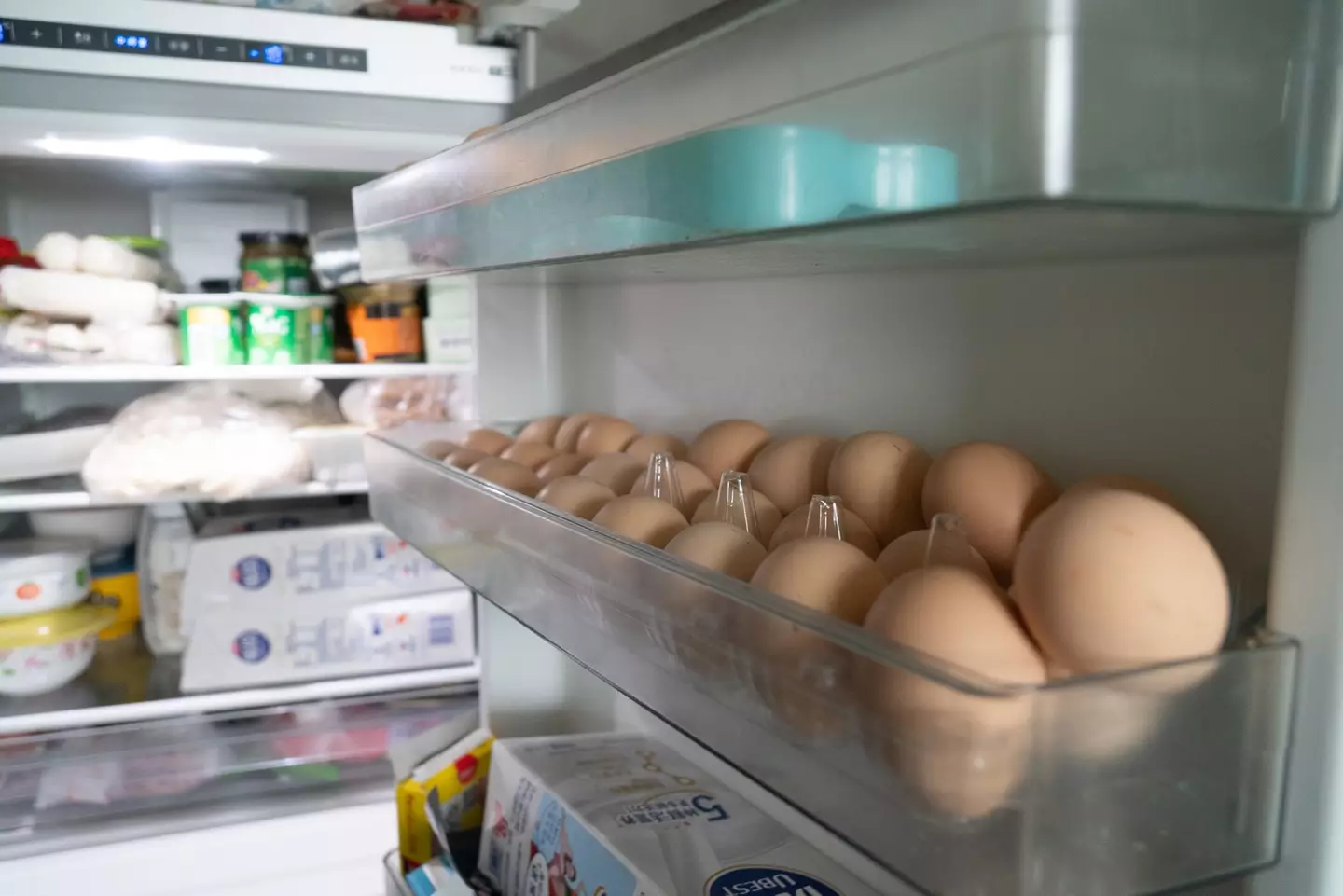
We’re a nation of endless fractious debates, so here’s another one over which to fall out with your nan: where do you keep your eggs?
The fridge seems the most sensible spot. After all, the low temperatures will impede bacterial growth and keep them fresh for longer. However, unlike dairy products, eggs are usually happy to sit on the side for days at a time without spoiling.
In some cases, such as those where the initial temperature of your eggs can make a difference to how they cook, the countertop may make the most sense. It’s a lot easy to accurately soft-boil an egg from room temperature, for example, and cold eggs in a cake mix can have a negative impact on the final texture.
However, regardless of the fact both options have their merits, the UK’s Food Standards Agency (FSA) has put its foot down on the debate and potentially put it to rest for good. Well, hypothetically anyway.
Advert

"Here at the FSA, we say that eggs should be stored in a cool, dry, and clean place. And at home we recommend keeping them in your fridge," the regulator said in an Instagram post.
For the FSA, the important thing here is temperature control. In other words, the ambient temperature of a fridge is considerably more stable than external temperatures. You kitchen warms and cools throughout the day, and that can have an effect on anything you’re storing on the side.
Most importantly, those temperature changes can produce condensation on the eggs. Their shells are semi-permeable, and so this moisture can penetrate the shells and potentially bring some bacteria with it.
If that bacteria is in the food poisoning bracket, such as salmonella, E. coli and listeria, among others, it can spoil your eggs and make you unwell even if they otherwise seem fresh and edible.
So, if that’s the case then why do supermarkets store eggs on unrefrigerated shelves?
Supermarkets typically have pretty robust climate control systems set up in them, delivering a consistent temperature with less variability than the outside. That stability prevents condensation from forming, and thereby keeps eggs in good nick.
The FSA elaborated: "Harmful bacteria can survive on the shell or inside raw eggs. Eggs can also cause harm to people with food hypersensitivity therefore it is very important to handle them carefully."

Other egg advice includes ensuring you opt for British Lion Code or ‘Laid in Britain’ eggs. While those eggs being sold at the end of a farmhouse’s drive might be a quaint and cute village pastime, there is a little more risk with those than eggs purchased from a regulated supplier.
It’s important to also use eggs within their best before dates, and they can be frozen if you don’t think you’ll get round to them before they spoil.
After cooking eggs, give your counter an antibacterial spritz and wipe, and be sure to wash your hands after cooking them too.
